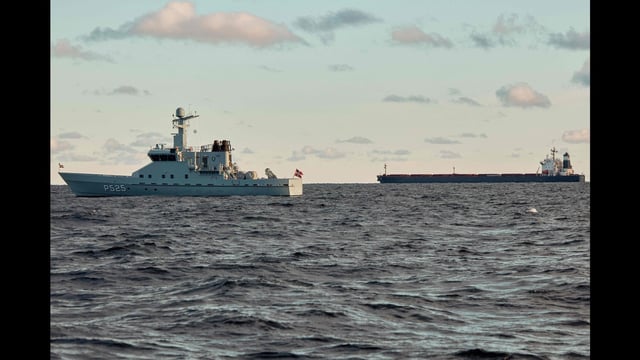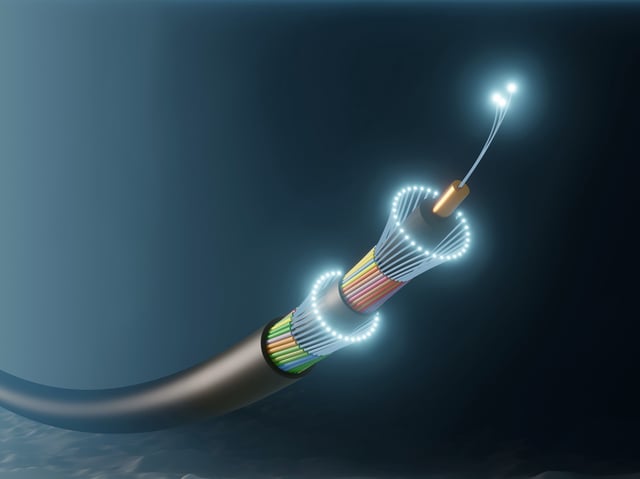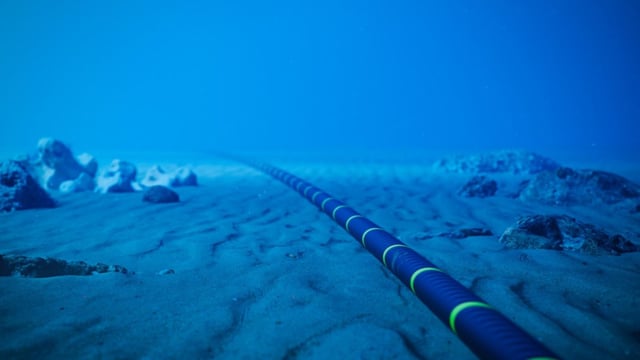Overview
- Two undersea cables in the Baltic Sea were severed in November, disrupting communications and raising concerns about possible sabotage linked to geopolitical tensions.
- Investigations have focused on a Chinese ship in the area, while Russia has denied involvement; attribution remains challenging due to the difficulty of proving intent in such incidents.
- Undersea cables, which transmit over 99% of global data traffic, are critical to internet connectivity, financial systems, and government communications, yet remain vulnerable to damage and attacks.
- Technological solutions like satellite imaging and underwater drones are being explored to protect cables, but implementation is limited and costly, particularly in deep-sea regions.
- Countries like Singapore, India, and others in Southeast Asia are ramping up efforts to expand and secure their cable networks, emphasizing the need for international cooperation in safeguarding this infrastructure.


